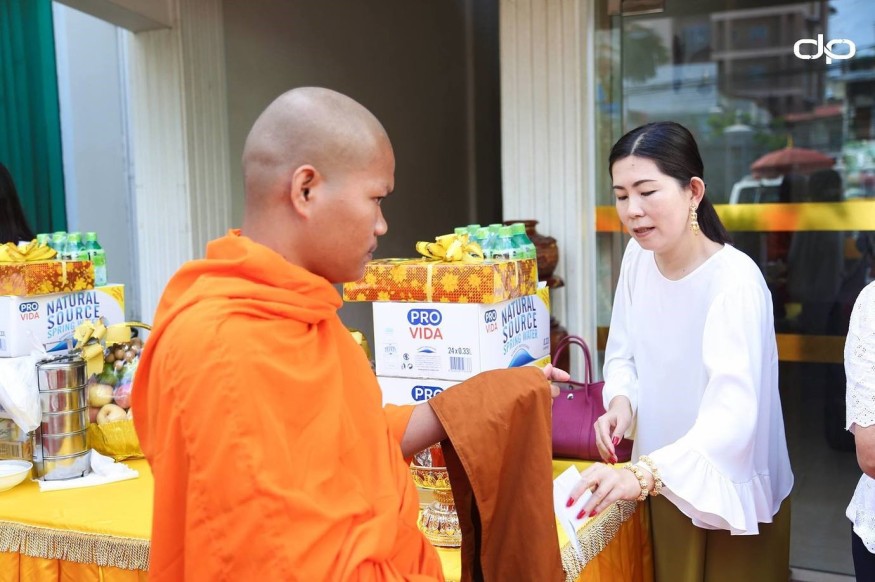Charity in Cambodia: What’s its Focus in 2021

The economic fallout from the Covid19 pandemic is felt globally, but its effects are especially devastating in the developing world countries, such as Cambodia, whose lockdown measures are some of the strictest in the world. With the majority of social and economic activity literally put on hold in many regions of the country, the people rely on charities, various relief organizations, and individuals who reach out with a helping hand.
In Cambodia, most of the charity organizations focus on bringing aid to the most vulnerable and unprotected social groups, to cultural sites and to environmental causes. Preserving natural habitats for Cambodian wildlife, safe keeping of the world-famous heritage sites, such as Angkor Wat, and helping children, elderly and disabled are the main focal points of many charities in Cambodia.
Of course, supporting communities and families during Covid has been moved to the forefront in the recent year. Many people grounded in their own homes with the severe lockdown restrictions soon ran out even of basics like clean water, and simple foods, such as rice, fish and vegetables, personal hygiene items and medicine. The majority of Cambodian relief efforts strive to arrange timely deliveries of the
necessary things to villages and families, but also to social organizations who help to fight Covid, such as local hospitals and police departments.
One of the prominent Cambodian figures who coordinates such kind of charity is Mrs. Sokha Heng, a Cambodian businesswoman and investor. Her regular business activities have to do with finance and construction as well as socially important projects in Cambodia. She has a long history of helping those in need, having built numerous homes for the poor, even for entire communities and organizing complex medicare for children with heat disorders. But at the moment she also spends a lot of time and effort on Covid relief programs, organizing food and other basics delivery to people cut off from trade and logistics routes by the lockdown.
The gender inequality problem is always especially acute in developing countries and Cambodia is no exception. Domestic violence against women remains a problem, as well as discrimination and lack of job opportunities. That's why several charities focus specifically on helping out Cambodian women. For example, the SHE Investments foundation, run by Lida Loem, Celia Boyd and James Wilson has a long history of empowering Cambodia women through giving them education, finding
them jobs or helping them set up their own micro businesses. Relying almost entirely on donations, this organization even employs mostly Cambodian women. SHE foundation helps women with little to no perspectives find their calling and get off the streets by enrolling in a job that will support them and their family.
Another severely neglected and hugely unprotected social category in Cambodia is people with disabilities. Because the general level of healthcare in Cambodia
remains rather poor, the quality of life of the disabled leaves much to be desired, and that's quite the euphemism. Loaded with other problems, the government often just cannot handle this issue, and this is where charities help. Take, for instance, Cambodian Development for Mission for Disability, an NGO charity with a mission to create inclusive, discrimination free and right-based environment for people with disabilities. Working in 26 districts of Cambodia, this foundation, run by Nhip Thy and Kho Kuoth, promotes and creates opportunities for the disabled to get education, find employment, provides help and counseling to their families and connects them with health and life improvement opportunities.
And, of course, the livelihood of children remains one of the most discussed social issues in Cambodia. There are numerous charities, both local-run or foreign, that work in this sphere, providing protection, nurturing, healthcare, education and guidance. Such as M'Lop Tapang, run by locals and foreigners living in Sihanoukville. The organization focuses on children at risk, helping them to find
shelter when needed, reconnect with their families after difficult situations, seeking to provide healthcare, education, teaching life skills and supporting children who experience abuse.
Subscribe to Latin Post!
Sign up for our free newsletter for the Latest coverage!
© 2026 Latin Post. All rights reserved. Do not reproduce without permission.













